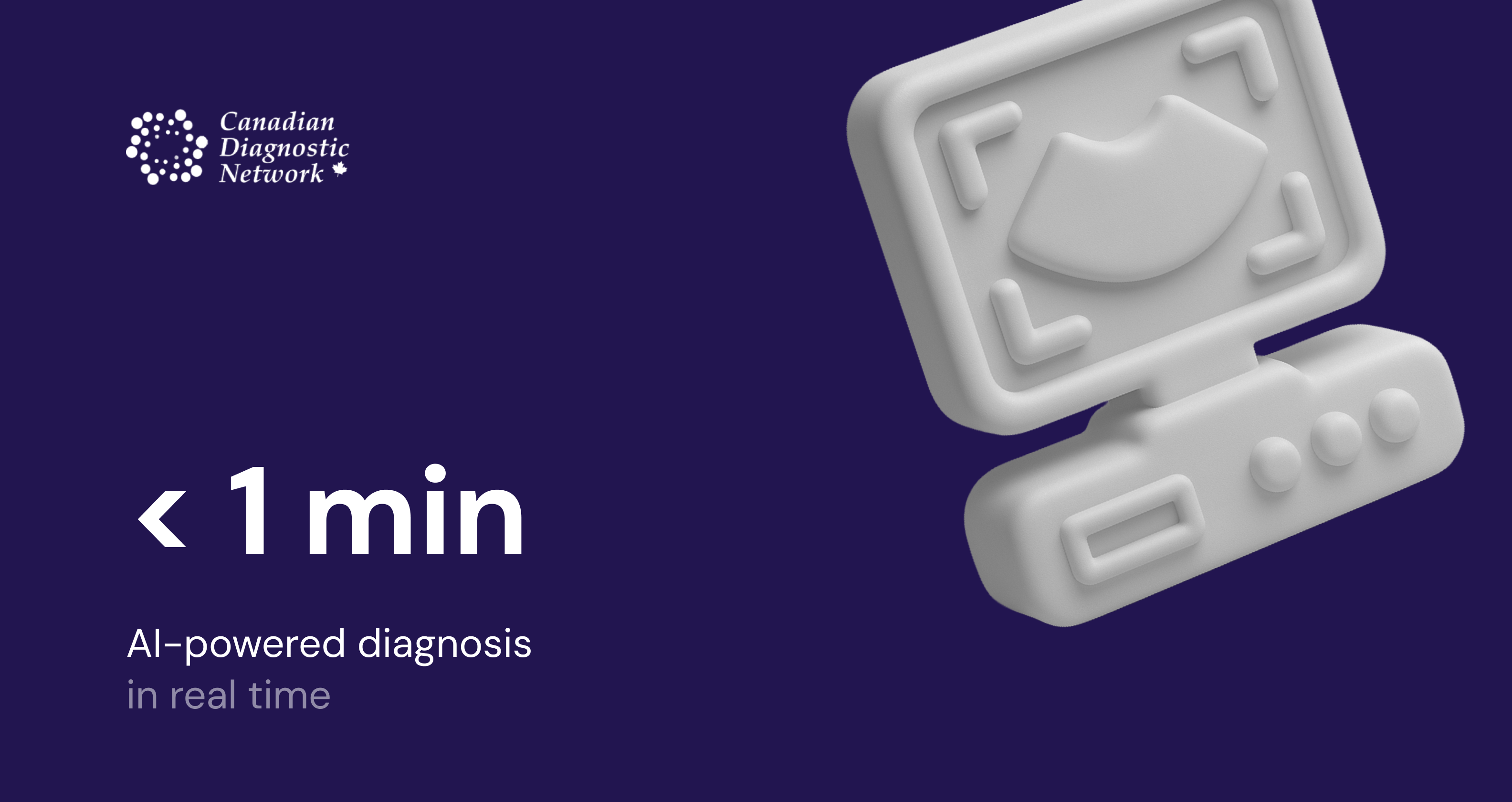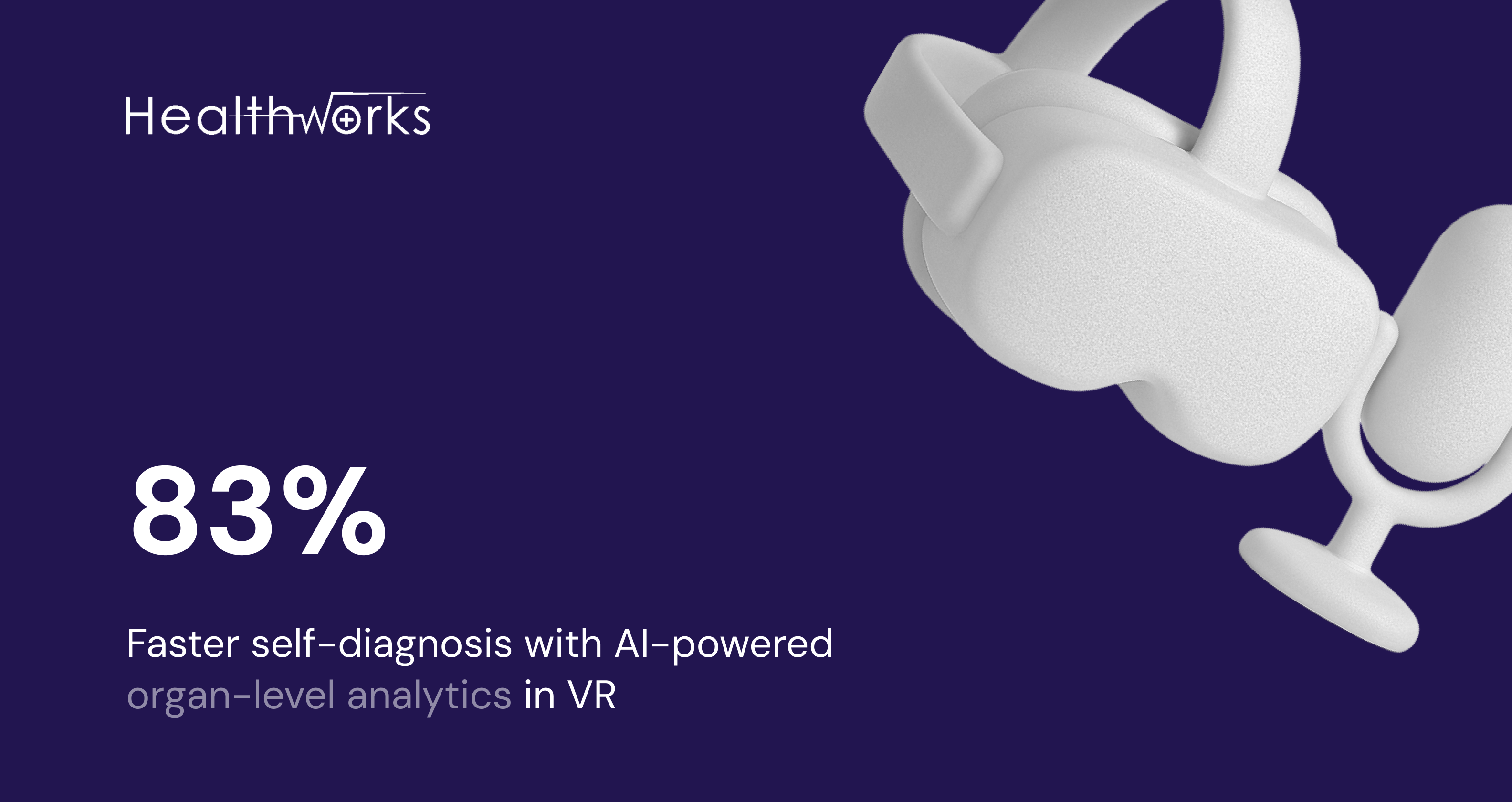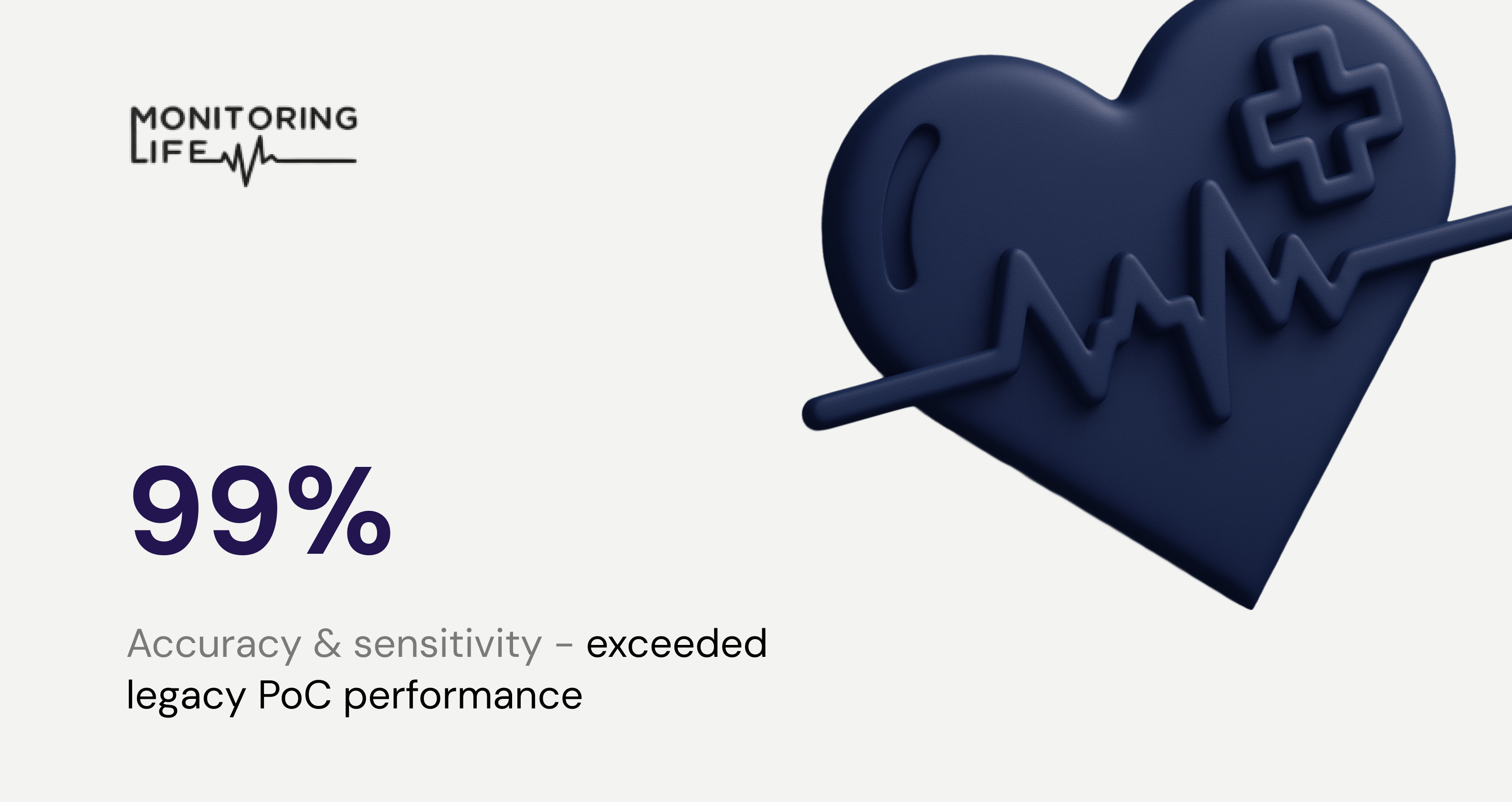- Customer Stories
- /
- AI Breast Cancer Detection Platform

Healthcare
AI Breast Cancer Detection Platform
Improves the accuracy of diagnostics using mammography and ultrasound data.
+21%
Improvement in diagnostic accuracy
< 1 min
AI-powered diagnosis in real time
Customer Stories
A digital healthcare platform that incorporates Vision AI for mammography and ultrasound medical imaging analysis for breast cancer detection.
Download TestimonialsHealthcare
Industry
Canada
Location
AI/ML Engineering, Cloud Infrastructure, Medical Image Annotation
Services
Confidential
Budget
Blackthorn.ai’s work is amazing, and the results have been phenomenal and satisfy my expectations.

Under NDA
Executive, Healthcare CompanyChallenge
A radiologist’s diagnosis is subjective and often inaccurate, leading to up to 30% errors. Patients suffer repeated visits to hospitals, anxiety about diagnosis delays, and false radiologist conclusions.
See what we can do for youOutcomes We Deliver
Solution
Our team designed and developed an AI-powered medical imaging analysis platform that, when paired with a radiologist, increased breast cancer detection accuracy by 20-30% in clinical trials compared to a radiologist alone.
Tech Stack
To deliver a full AI-powered diagnostic platform combining mammography and ultrasound workflows, Blackthorn AI applied:
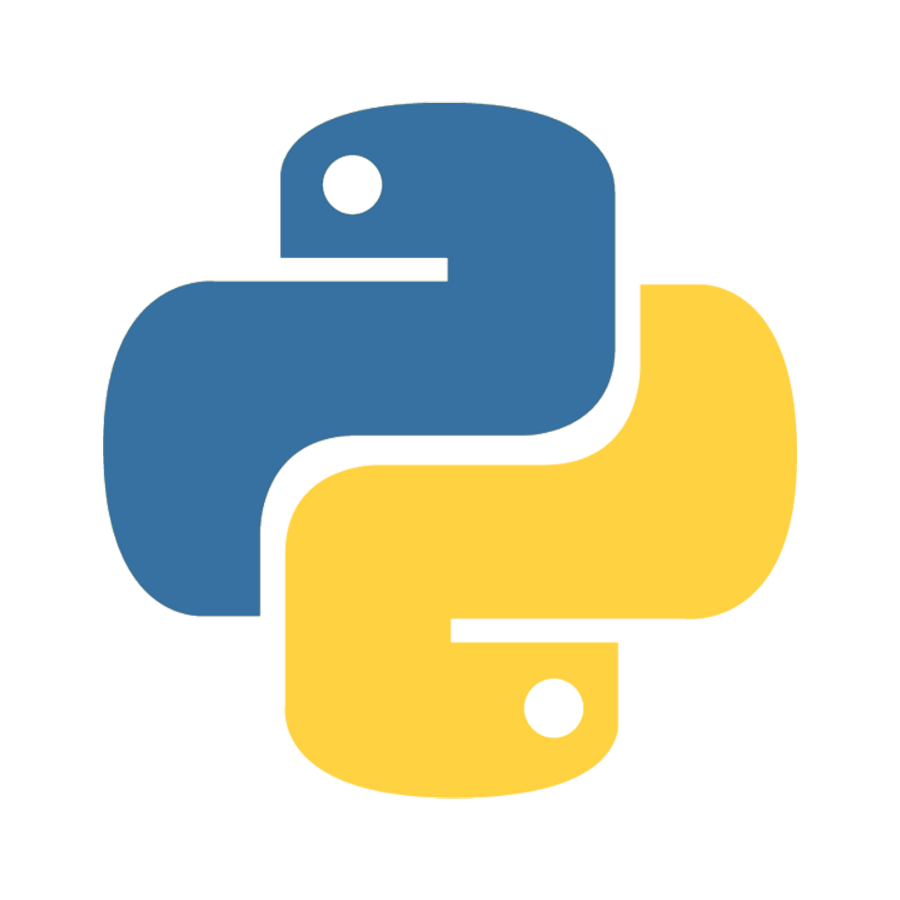

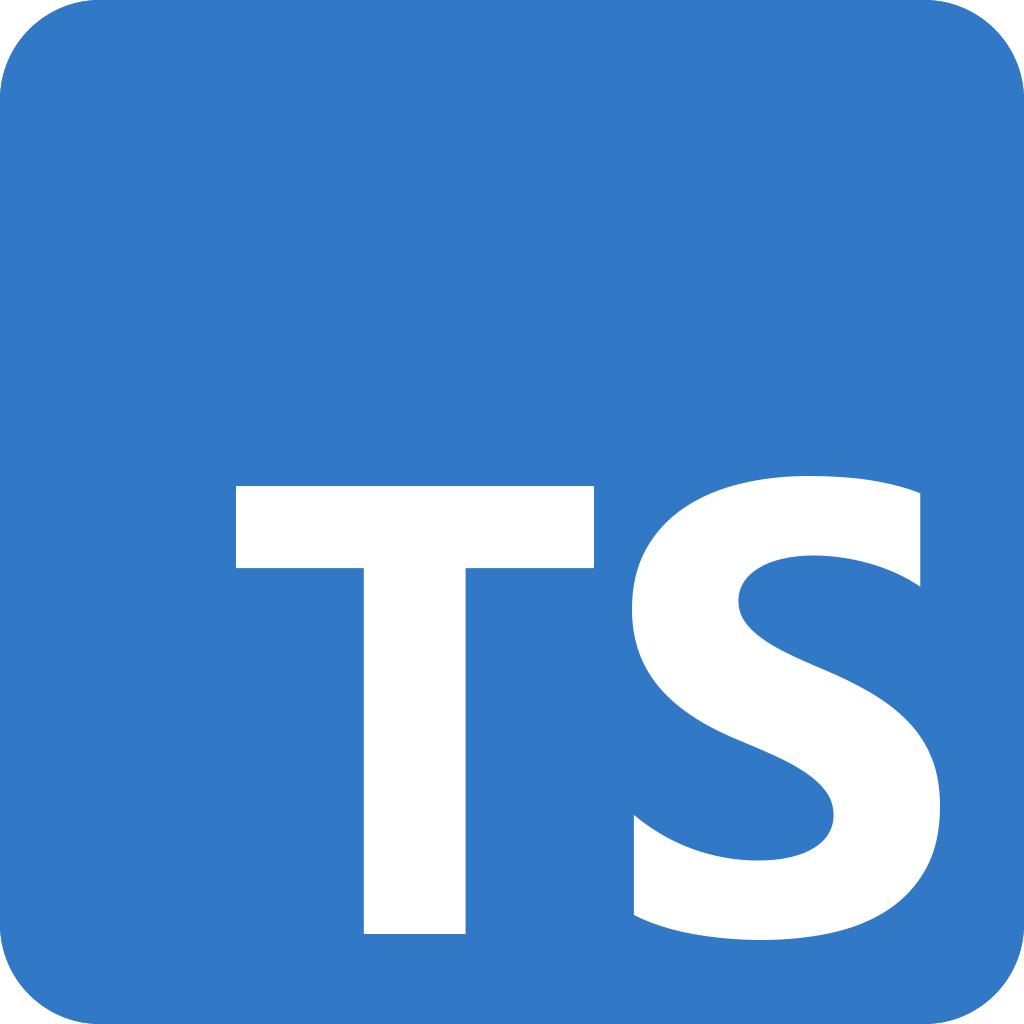

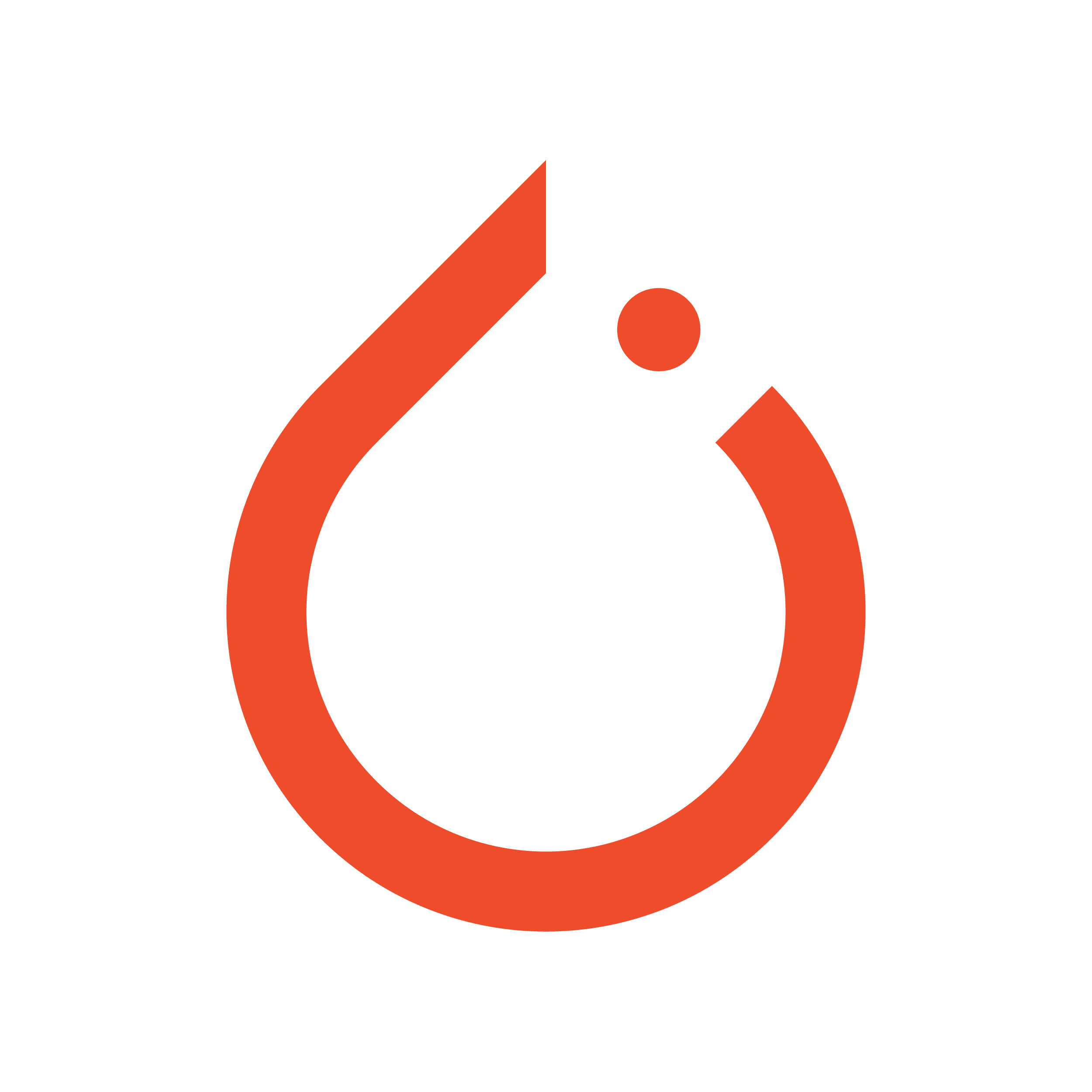


Roadmap
Project duration
Team Size
1 x AI Solution Architect
1 x Machine Learning Engineer
4 x Radiologist Consultant
4 x Annotator Specialists
3 x Computer Vision Engineer
1 x Backend Engineer
1 x DevOps Engineer
1 x Frontend Developer
1 x Project Manager






Delivering Impact
+ 21%
Diagnostic accuracyRadiologist assisted by AI vs. radiologist alone
< 1 min
Instant AI diagnosisNear-instant, AI-generated second opinion for clinicians












